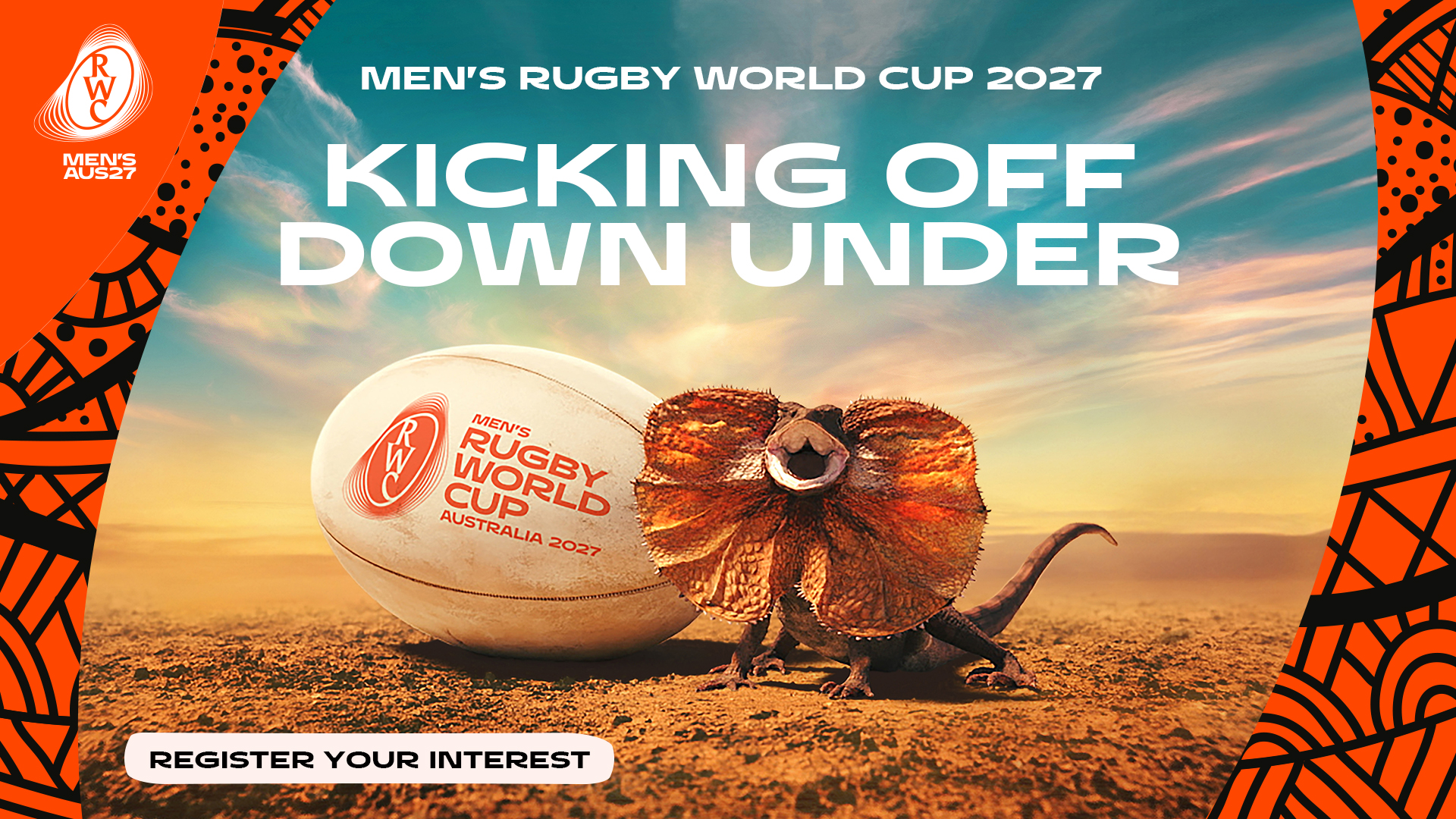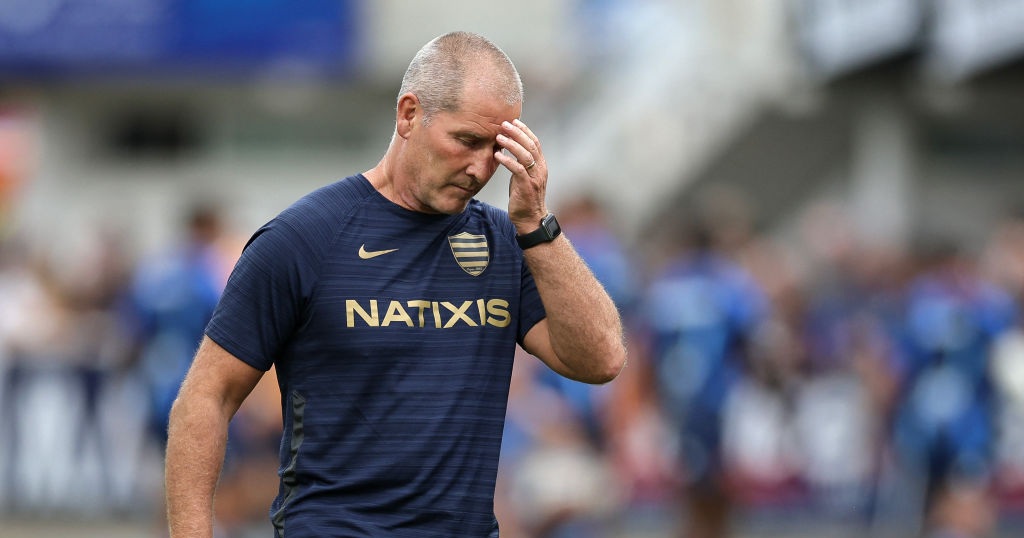How group of spoiled Racing 92 players drove Stuart Lancaster 'insane'

Stuart Lancaster has lifted the lid on the culture clash that pushed him to breaking point during his time with Racing 92 in France – and the drastic “electric shock” he used to jolt his squad into action.
Lancaster left the club mid-season in February in a mutual agreement and has taken over the reins with Irish URC outfit Connacht.
Appearing on the new Human Alchemy podcast, hosted by former rugby player Ross Neal, Lancaster revealed how bad things got at the Parisian club and how the behaviour of a spoiled elite of mostly senior players got under his skin.
“It’s probably the lack of desire to want to get better [that upsets him the most],” Lancaster said, reflecting on his frustrations. “In the environment I’ve just left [Racing 92], without naming names, there were a group of players… it was driving me insane. You know, on good money, turning up, checking in, checking out. Happy if they’re playing, happy if they’re not playing.
“That really sort of began to grate on me when I was up at 5:00 in the morning giving my very best. There was a group of players who were in the same mindset as me, and there was another group that were quite happy. They weren’t disruptive and they weren’t bad people – they were all good guys – but they didn’t have that desire to want to be the best they can be, and that really frustrated me at the time.”
Lancaster said some players were simply too comfortable in their long-standing roles.
“They were comfortable. They’d been in the environment a long time.”
The tipping point came after a defeat to Stade Français.
“So I got so frustrated in the end, after one particular game where we lost against Stade Français, and some of these players are on good money, they’ve been on decent contracts.
“I said, ‘I tell you what I’m going to do. I’m going to line you up in contractual order, from the highest-paid player to the lowest-paid player. We’ll stand you in a line. Then the next thing we do, we’re going to vote for who’s the most respected player, and we’re going to stand you from the most respected player to the least respected player.’
“I said, ‘So in my mind, obviously the guys who are on the highest contracts, you guys should be the most respected, because you’re the leaders and everything else.’
“I said, ‘So do you think that’ll be the case?’ And they all said, ‘Oh God, he’s gone mad.’”
Lancaster never lined them up by contract, but he did press ahead with the respect rankings.
“Anyway, I didn’t line them up in contractual order. But I did do the respect ranking.
“So what I asked them to do: I put a list of the squad – 45 players, some young lads in there – and I asked them to rate each other technically and tactically, physically, and mentally out of 10 for each player in the squad.
“Obviously every player ultimately got feedback from 44 players, and you got an average score. So the average score… we then ranked everyone technically and tactically—who’s the most respected technically and tactically—so I know Gaël Fickou’s number one, you know, Owen Farrell’s number two, or whatever, all the way down to 44.
“Physically, same. And mentally – which is about resilience, leadership, open mindset, desire to be the best they can be—that was the one I was really interested in. The others are obviously important, but that was the one I was interested in.
“Again, we had a rank order from 1 to 45. Some of the youngest players were ranked in the top 10, and some of the most senior players were ranked in the bottom 10.”
The result, he said, hit home with the squad.
“So what I didn’t do was then stand them in a line and say this—but what I did do was meet every player one-to-one and say, ‘You’re in the top third, you’re in the middle third, you’re in the bottom third in terms of how your teammates respect you and what you’re doing.’
“I didn’t publish it, no. But it landed. It landed, because there were certain players who believed they were senior players, believed they were leaders, believed that they had the right mindset.
“But actually, as much as I told them ten times, ‘There’s more in you, there’s more in you,’ it took the 360 degree feedback from their teammates to realise, ‘God, it’s not just Stuart that thinks it. Everyone thinks it. I need to up my game here.’
“It definitely created a performance change in some of those players.
“It was an electric shock. I mean, in France, they call it an electric shock. I don’t think it’s a last, last resort. All it is is giving people feedback, isn’t it? ”
Watch the full podcast HERE.

To be first in line for Rugby World Cup 2027 Australia tickets, register your interest here


























